By Jean H. Lee
The New York Times
August 11, 2016
Seoul, South Korea
In a selfie that has spread quickly online, the North Korean gymnast Hong Un-jong smiles brightly as a South Korean competitor at the Rio Olympics, Lee Eun-ju, 17, holds up her smartphone and snaps a picture of them hugging.
The picture of them taking the selfie ricocheted across social media, and it was cited as an example of the power of sports diplomacy and the Olympic spirit bringing together two countries perpetually on the brink of war.
But it also stood out because it was unusual for a North Korean athlete, intentionally or not, to draw such attention to herself; the North Koreans tend to stick to themselves, even at international competitions.
And very little of Hong’s biography has been shared with the outside world, despite her winning a gold in the vault at the 2008 Olympics in Beijing and her hero status in a country that reveres its sports stars, particularly in the era of its leader, Kim Jong-un, who is known to be an avid basketball fan.
Hong, 27, was expected to earn a second gold at the London Olympics four years later. But in late 2010, the North Korean women’s gymnastics team was barred from international competition for two years, including the London Games, for repeatedly falsifying the birth date of one of its veteran competitors: Hong’s sister, Su-jong.
It turns out the North Korean delegation had submitted three birth years for Hong Su-jong at various international competitions. At least one of the birth dates, March 9, 1989, would have made her too young to qualify for the Athens Olympics in 2004, where she competed in the team and all-around events. It would also make her Hong Un-jong’s twin.
Most of what is known about Hong Un-jong back home comes from a book rarely seen in the West, “Olympic Champions Who Bring Glory to the Motherland,” published in Pyongyang in 2014 by the Kumsong Youth Publishing House. It profiles 13 Olympic gold medalists, including Hong.
There does not seem to be a discrepancy about Hong’s age in the book, but it raises one about another competitor profiled, Om Yun-chol, a weight lifter who won a silver medal Sunday in Rio and gold in London in 2012. His official Rio profile lists him as 24, born Nov. 18, 1991. The book, however, cites his birth year as 1990.
While it could be a mistake, that age would have made Om one year too old to compete in the world junior championships in 2011. And without competing in that international event, he would not have qualified for the London Olympics. The age discrepancy appears to have gone unnoticed.
The information on Hong seems more straightforward, yet illuminating.
She was born in the port city of Tanchon in South Hamgyong province in the far north and raised in the industrial city of Hamhung, and is described in the book as the baby of the family, the youngest of three children. She and her sister were spotted for their agility on the uneven bars by a coach who approached their father about putting both girls into intensive training.
He initially refused, saying they were a musical family, not athletes. But the coach won him over, the book says. Hong was 6.
Within a few years, the sisters were sent to the capital, a day’s journey by train, for round-the-clock coaching. There, in Pyongyang, the Hong sisters were taken under the wing of one of North Korea’s most famous gymnastics coaches, Kim Chun-pil.
Un-jong had “the right physique as well as passion and ability,” the unnamed author notes in the six-page profile. “But her willingness to do her best was lacking.”
Initially homesick and missing her mother, the young Un-jong stayed up crying at night and was a mess at training. Kim, the coach, stepped in as a surrogate mother, cooking her chicken, rabbit soup and medicine, and cooling her down with cold compresses, the story goes.
She got over her homesickness and focused on training.
The coach believed in tough love.
“Un-jong, aren’t you aware of why we train when everyone else is sleeping?” she demanded to know. “We have the burden of winning a gold medal for our nation.”
Hong made her way up the ranks in national and international competitions.
She was 19 when she was sent to Beijing. For two years, she had been practicing a vault made famous by the Chinese world champion Cheng Fei. That day in Beijing, Hong beat Cheng on her turf, with the vault that bears her name, bringing home North Korea’s first Olympic gold in gymnastics.
The North Koreans treated it as a political victory. The book recounts how she was praised on state television as a patriot for defeating “a great rival,” though China is often assumed to be the country’s main ally.
Hong went on to win a string of gold medals in the vault, including one at a World Cup championship in 2010, before the team was barred from competition. The profile makes no mention of any frustrations she might have harbored about being barred at the peak of her career.
Since the ban was lifted, Hong Un-jong has quietly reasserted herself as a top contender in the vault, earning a bronze at the worlds in 2013, gold in 2014 and silver last year. She goes into Sunday’s finals in second place, just behind Simone Biles, the heavily favored American.
The book does not say anything about the consequences athletes face if they come home empty-handed.
But the reaction earlier in the week of Om, the weight lifter, suggests that second is not good enough. He won silver in Rio, failing to defend his title, and the high-ranking official who flew in from Pyongyang for the Olympics did not bother to attend his medal ceremony.
“I don’t think I can be a hero to my people with a silver medal,” a dejected Om told reporters.
In comments posted online in South Korea, there was speculation that if Hong failed to win gold, her internationally lauded selfie would not suffice in keeping her safe.
“Off to the coal mine,” one South Korean imagined North Korea’s leader telling his star athlete when she returned home.



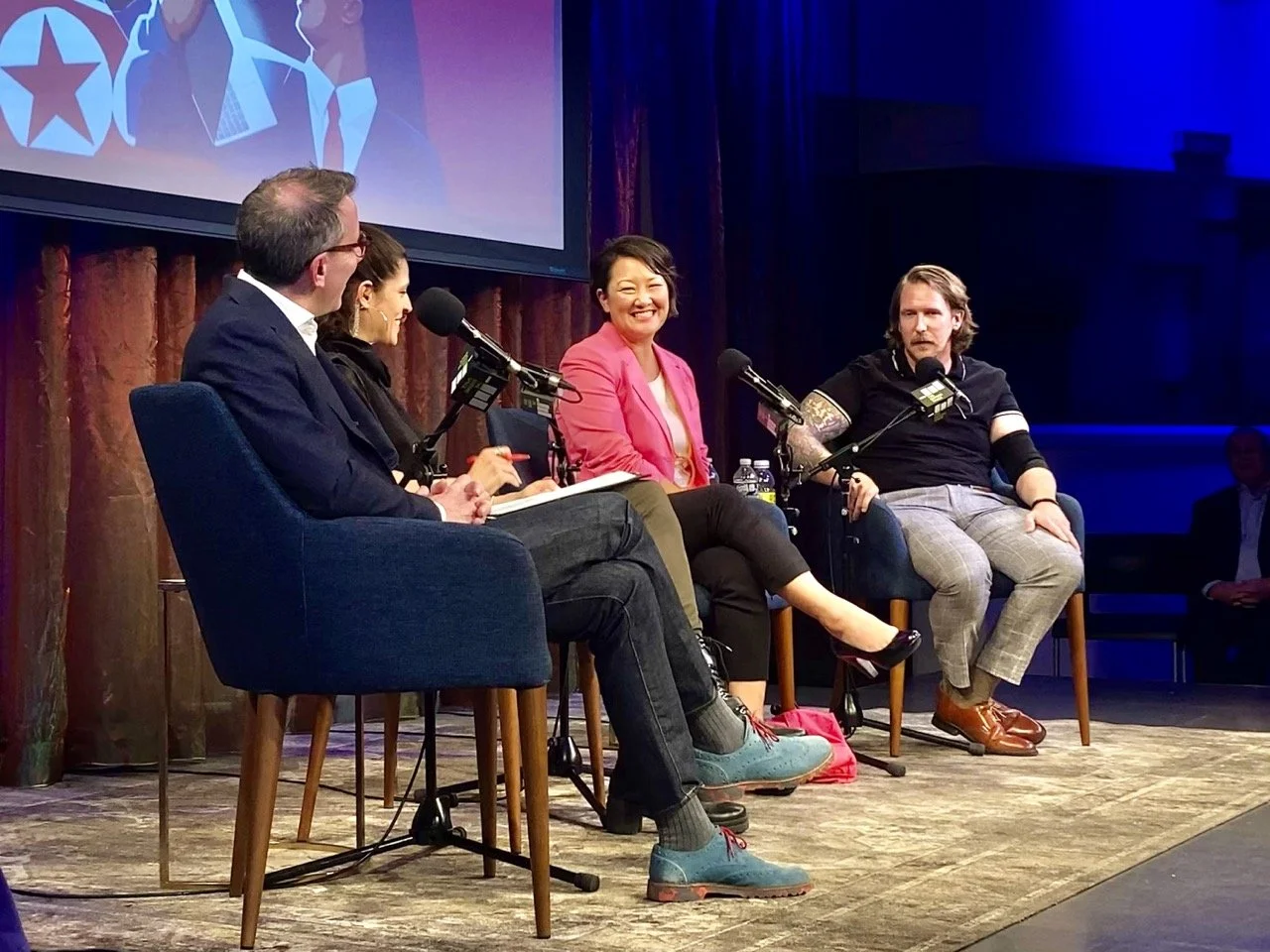


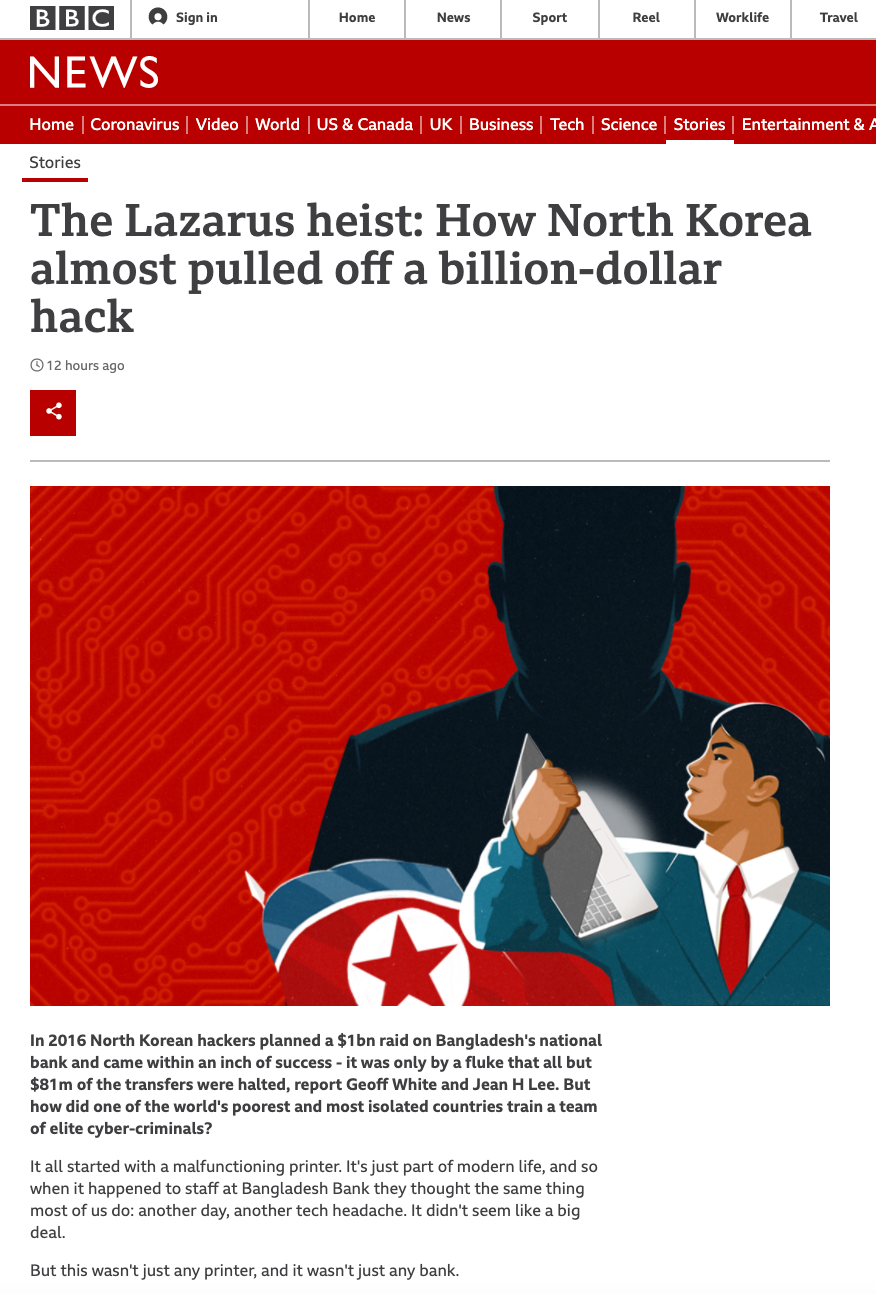













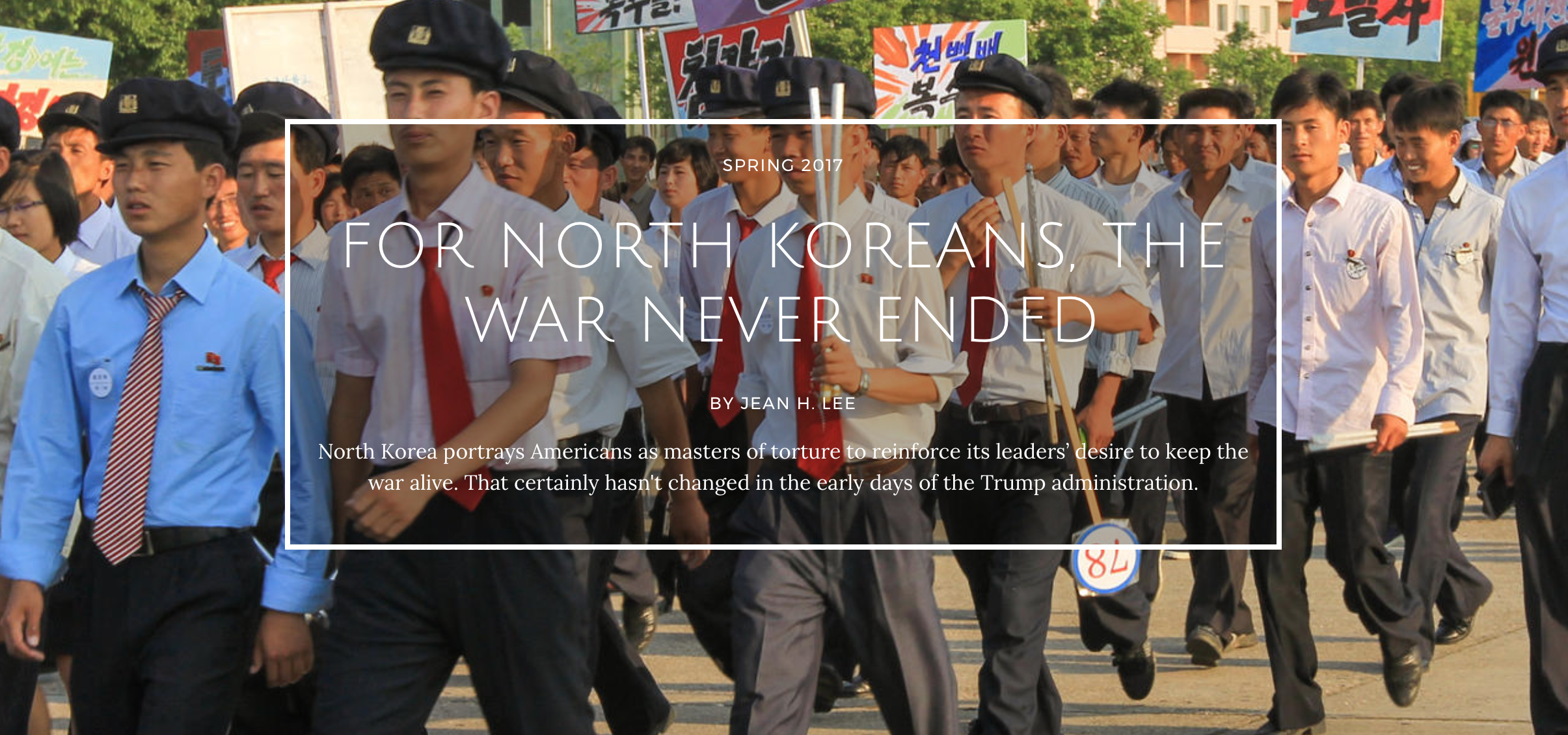


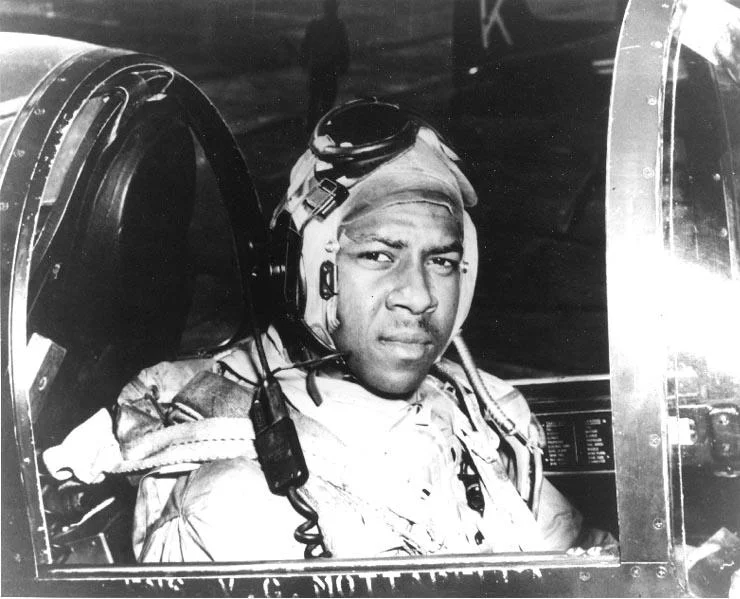
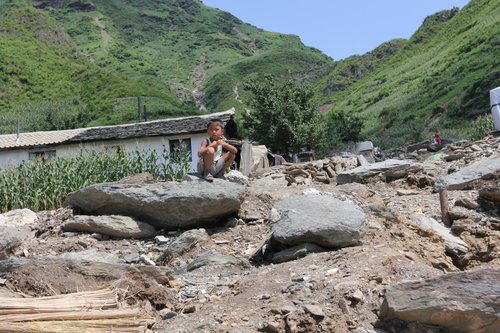




Download all episodes of The Lazarus Heist, watch Lazarus Heist animations, read our feature story about the hackers and view visualizations of the podcast episodes on Lazarus Heist homepage on the BBC World Service website!